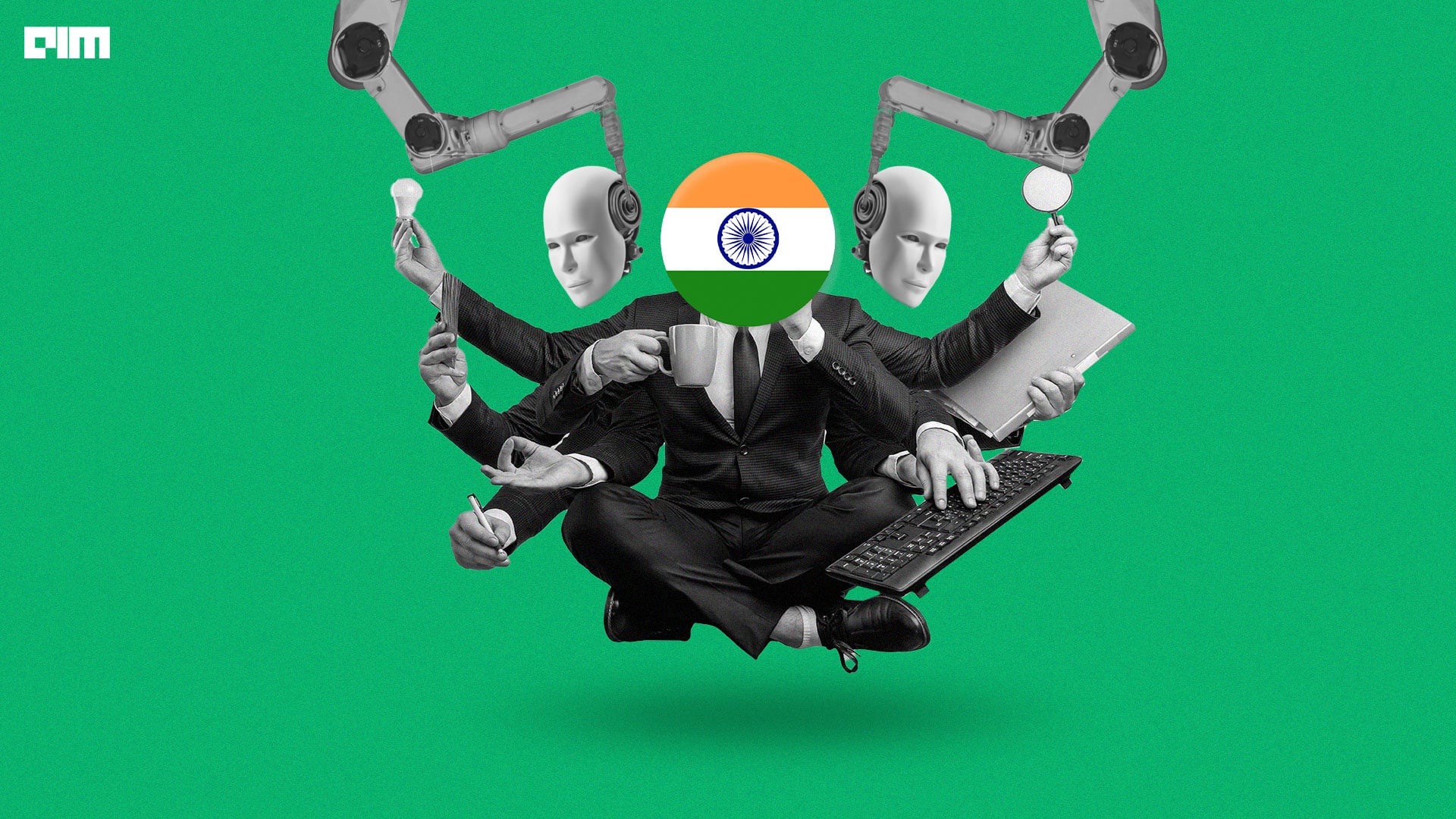A recent survey by the Graduate Management Admission Council (GMAC) shows a burgeoning demand for AI upskilling at workplaces in India and China. Unsurprisingly, this has led to a 40% increase in interest towards AI and data science in graduate management programme education (GME) aspirants worldwide.
Not to mention, a whopping 57% of MBA aspirants in India prefer a STEM-certified management programme over one that isn’t STEM-certified.
“Candidate demand for AI grew 38% year-over-year, with two-fifths now saying it is essential to their curricula. Global interest in STEM-certified GME programs grew 39% in five years – and to new heights in Asia, driven by demand in India and Greater China,” the report read.
In particular, the report stated that India has seen a 14% increase in STEM-adjacent management programmes, jumping from 43% in 2019 to 57% in 2023.
Along similar lines, a study done by UKG found that 72% of the surveyed Indian employees used AI-backed tools in their workplaces, asserting that it helped increase productivity.
“About 73% employees in India report that their organisations employ AI in the workplace, but only 47% employees understand how it’s used fully and 44% employees use it partially,” the report stated.
With the use of AI only growing, this number is likely to increase across sectors in the coming years. But is there enough training to go around?
Are institutions addressing the demand for AI skilling?
The recently released QS World University Rankings has shown an uptick in the quality of AI education in the country. In 2023, only about 20 universities factored into the QS data science and AI rankings worldwide – not one Indian institute made it.
Now, the QS rankings list as many as 72 universities that have ranked in offering some of the best data science and AI courses. Of these, four Indian institutions – IIT Bombay (30), IIT Kanpur (36), IIT Kharagpur (44), and IISc (45) – were in the top 50 list. IIT Guwahati was also included in the top 72 universities.
While these are India’s premier institutions, this could point towards a trend of most, if not all, higher education institutions embracing data science and AI as a vital part of their curricula.
Meanwhile, several management institutes, including IIMs have started to introduce courses with electives or minors in artificial intelligence. These include modules anywhere from introductory sessions on coding, to analytical applications within the workplace.
However, education on AI and data science is still lacking in the field of humanities, with most students having to take either bridge courses offered by tech institutions, or shift their learning trajectories in order to educate themselves on AI.
Similarly, inputs have come from the government for a need to upskill workers in AI, as India’s contribution to the global workforce is expected to grow exponentially in the next few decades.
“For new entrants in the job market, skilling is critical and for ones who are already working, reskilling and upskilling is critical. We are in a disruptive era. Whoever is able to see it and tries to understand this will remain relevant,” Union education and skill development minister Dharmendra Pradhan said.
He said this at the launch of an AI for All curriculum initiative for ITIs, wherein students in ITIs across India would get training on AI, and bridge the knowledge gap between education and employment.
This is just one of many similar government initiatives. Several have arisen over the last year, likely as a result of the ‘Making AI In India’ initiative last year as well as the greenlighting of over Rs 10,000 crore for the IndiaAI Mission in March.
However, there is a lack of a centralised AI skill development programme. While AI education is not where it needs to be in India currently, it seems that the tide is slowly turning on how AI and data science is perceived both in the Indian workplace and higher education spaces.
Finally, an open-minded approach for AI
With trends pointing towards a major shift in AI education among students, institutions and governments, a more comprehensive curriculum could be coming soon.
The gap in AI and data science training in the Indian higher education sector is finally being addressed as reports suggest that both students and institutions are taking the shift seriously.
Moreover, this shift is likely to be encouraged, especially in higher education institutions (HEIs), as the UGC instructed that courses be remapped to account for the usage of AI across all disciplines, as per the National Programme on Artificial Intelligence (NPAI) Skilling Framework report.
“It is important for students from varied academic streams to be skilled in AI as mass applicability of any technology allows more people to creatively use it for problem-solving,” said Manish Ratnakar Joshi, secretary, UGC.
Likewise, institutions are also coming out with bridging courses for teachers and other professionals to familiarise themselves with AI. Institutions like the International Institute of Information Technology (IIIT) have begun offering one-year certificate courses aimed at professionals on science and AI, as well as machine learning and deep learning.
The usage of AI within educational systems is not uncommon either. Even the Indian government has made use of AI systems for training in UPSC examinations, and improving learning outcomes in terms of assessments.
Following the news of ChatGPT potentially being used by students to sidestep coursework, the academia was in panic over how drastically AI could change the higher education sphere for the worse.
However, with time, it seems that the threat has died down, paving the way for a more open-minded approach on understanding the uses of AI, especially within classrooms and modern workplaces.


























